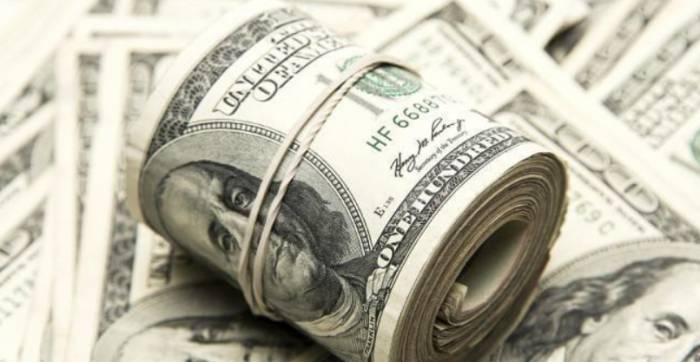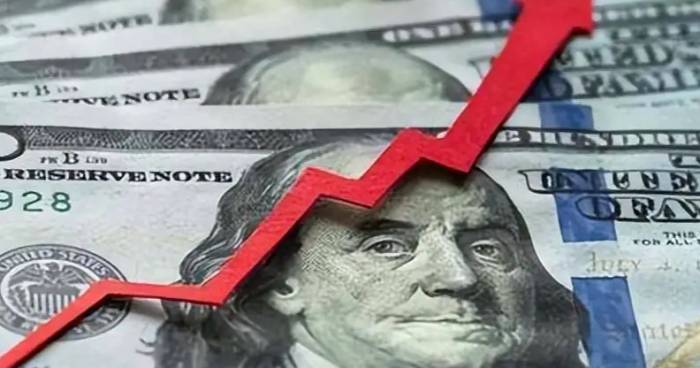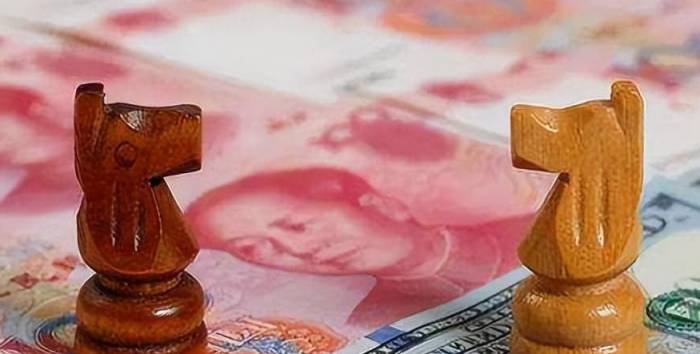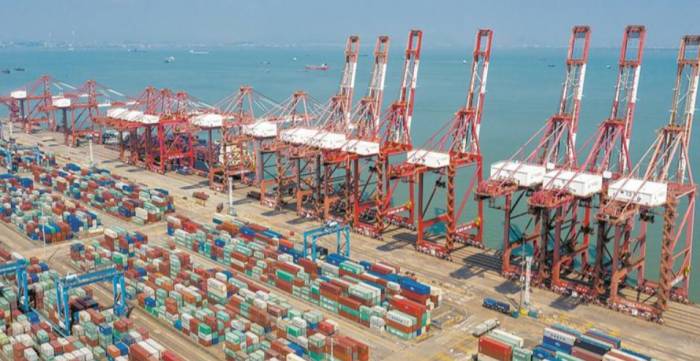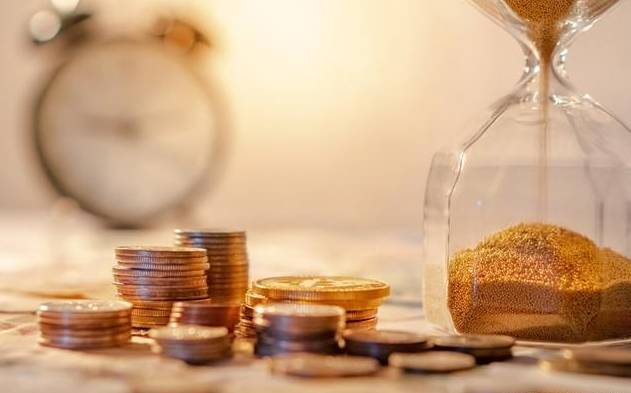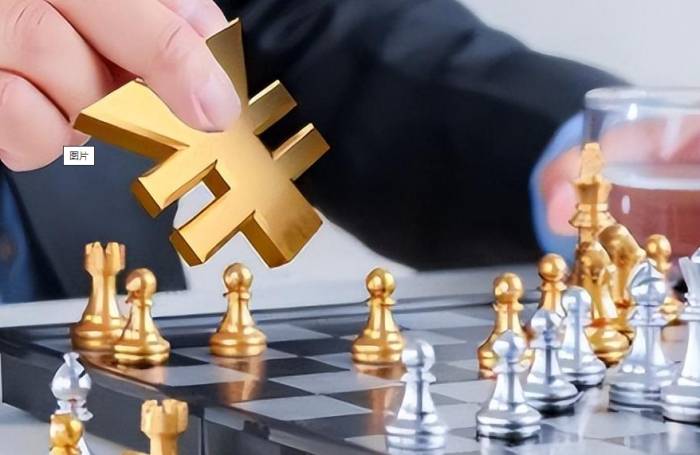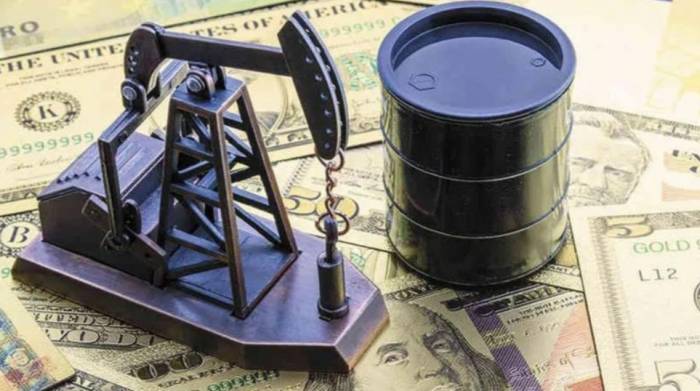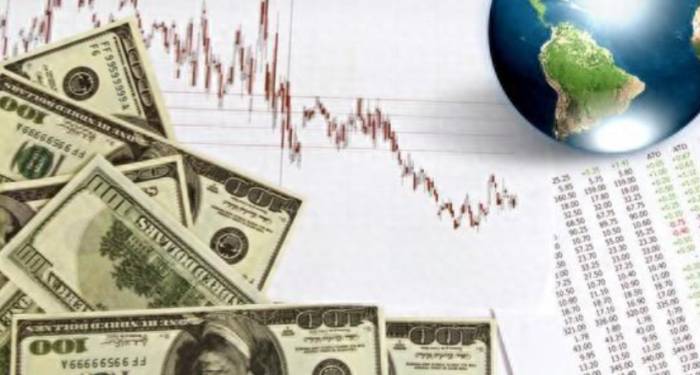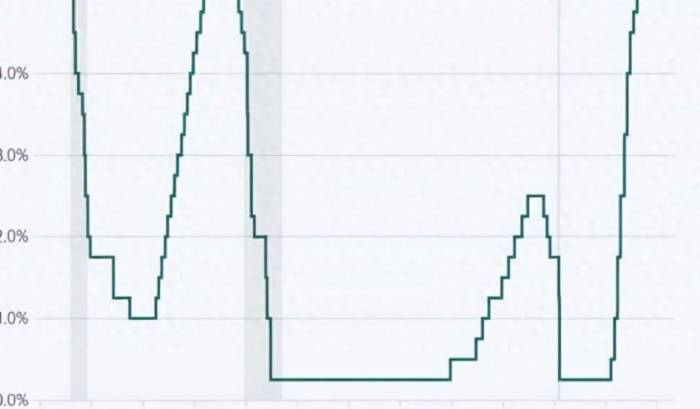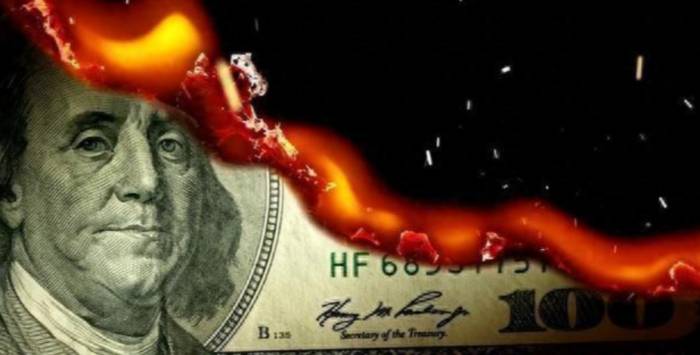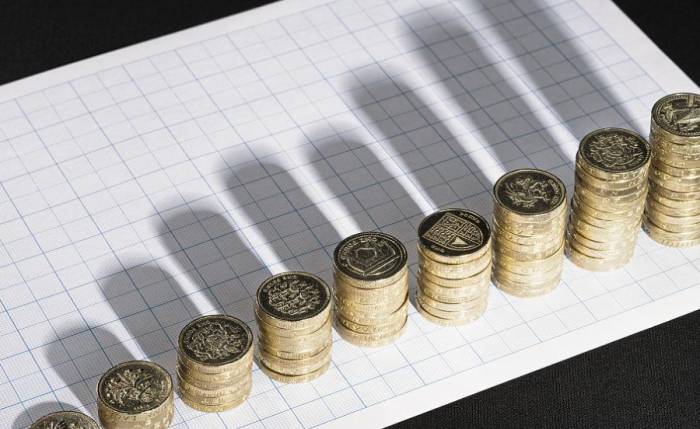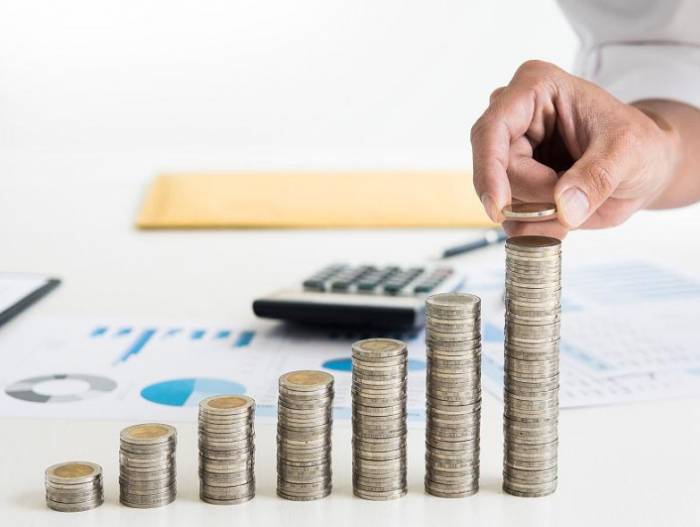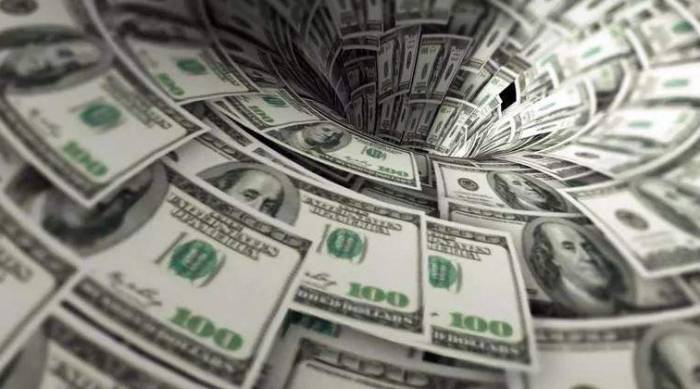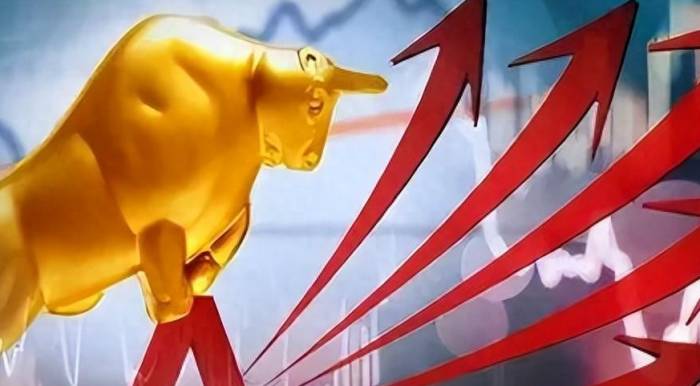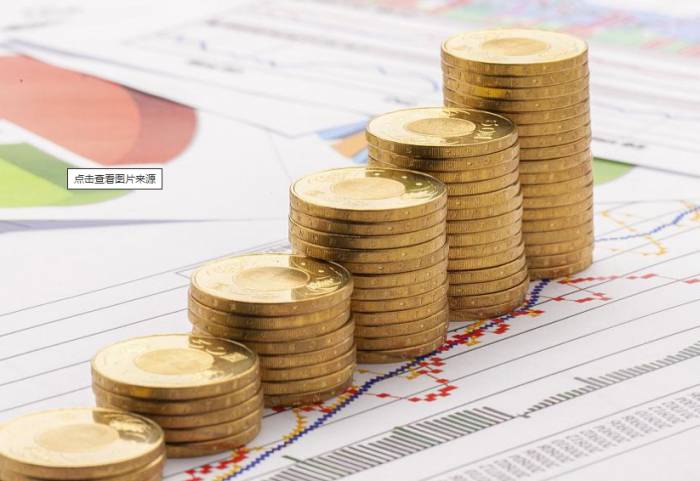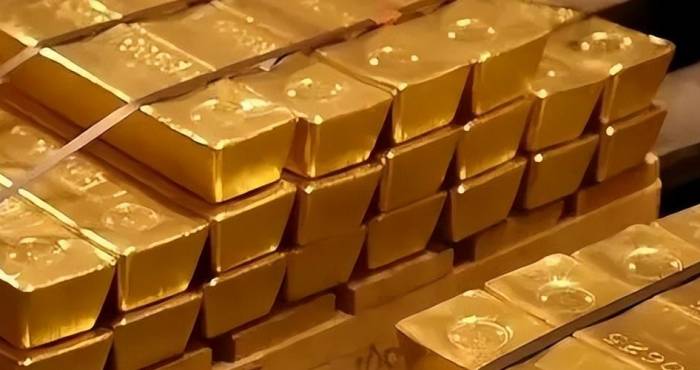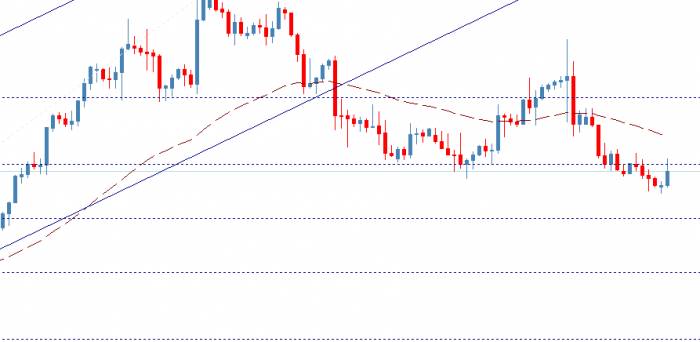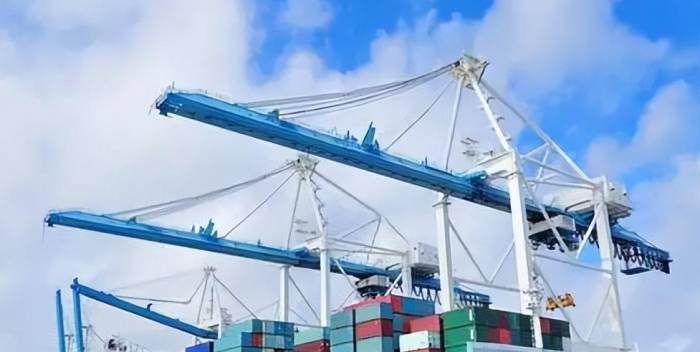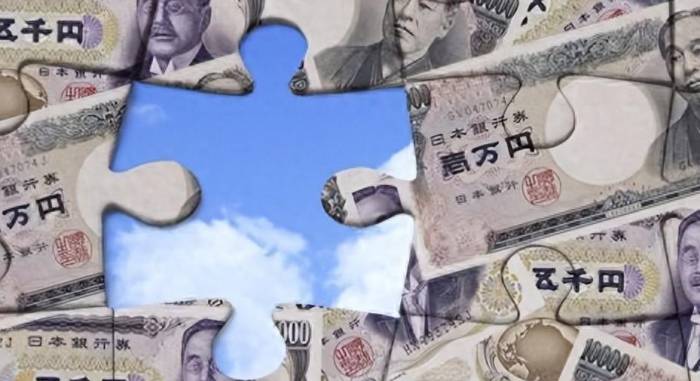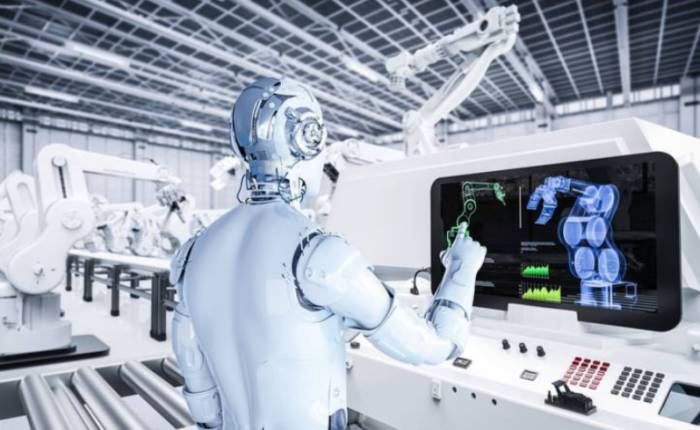Bank mergers sound like a high-level capital feast, with the towering financial giants sitting around a table, discussing how to divide the market's cake.
However, for ordinary depositors, there is no seat left for them at this banquet.
Among these, the merger case of Harbin Bank is a typical example.
The bank suddenly announced that it would merge four rural banks into one, which, on the surface, is said to be for resource optimization and efficiency improvement.
But for the elderly who are accustomed to chatting at the door of the rural banks, this news is undoubtedly a bucket of cold water.
"Is the deposit safe after the merger, and will the bank's doors always be open?
At this time, it is necessary to understand these 4 points, and the deposit may be safer.
First, let's talk about this system.
In short, if a bank goes bankrupt for various reasons, the national insurance institution will step in to ensure that everyone's money in their accounts, as long as it does not exceed 500,000 yuan, can be recovered in full.
It sounds reassuring, but reality is always complex.
So what about the money that exceeds 500,000 yuan?
People might say, who would be so foolish to deposit so much money in one bank?
But the fact is that many people, for the sake of convenience, may indeed have a large amount of funds concentrated in one bank, especially some small and medium-sized enterprises' operating funds, or family savings.
And when these excessive funds face risks, the deposit insurance system seems a bit powerless.
So for the part that exceeds the insurance limit, can we just watch them drift away with the wind?
At this time, you may need to be smarter, diversify risks, and put eggs in several baskets.
In other words, do not put all your deposits in one bank, especially those small banks that may be at risk.
In addition, it is also very important to understand the background and ratings of the bank.
Do not be blinded by high interest rates, those banks that offer unrealistic high interest rates often have astonishing risks.
In general, the deposit insurance system does provide a basic guarantee, allowing us to have a basic safety net when banks merge or go bankrupt.
But this net is not iron-made, especially when facing large deposits, its protective power is limited.
Things that fall from the sky are not so simple.
In the financial world, those high-interest deposits that look tempting are like free pies on the street.
They look mouth-watering, but in reality, they may hide the risk of financial loss.
Generally, the higher the interest rate offered by the bank, the greater the risk it carries.
This is because in this low-interest-rate environment, any bank that offers a much higher interest rate than the market average may be using high returns to attract funds to supplement its own liquidity problems.
Simply put, these banks may be experiencing financial tension and need to quickly attract deposits with high interest rates.
For ordinary depositors, the risk is very high.
Once the bank cannot overcome its financial difficulties, those seemingly beautiful high interest rates will become an illusion.
In the end, not only may you face the embarrassment of not being able to recover the interest, but even the principal may be lost.
In this case, those depositors who were blinded by high returns may suddenly find that they not only failed to make money in the financial ocean, but also lost the money for the ticket.
So at this time, rationality is the key.
When choosing the bank and product for deposit, don't just look at the size of the interest rate figures.
Do more homework, check the background of these banks, whether there are reports of poor capital operation, or negative news.
At the same time, don't forget to diversify risks, and don't put all your money in a seemingly high-yield basket.
After all, financial security and personal financial stability are far more important than short-term high returns.
In the financial world, there are two things that look quite similar on the surface, but in fact, they are very different.
That is, deposits and financial products.
Many people mention them, just like mentioning honey and syrup, which sound similar.
But if you really taste them, the taste is quite different.
Let's get to the point, deposits are like your home safe, and the money put in is guaranteed by the country, which is the bottom line.
But financial products?
That's more like an investment in the stock market, with the possibility of soaring and the risk of falling.
So don't be dazzled by those high-yield claims.
Behind high returns, there is often high risk.
If you are not careful, the money may be gone, and tears flow in two lines.
The key here is that many people regard the purchase of financial products as depositing money.
But the problem is that deposits have a deposit insurance system as a safety net, but financial products do not have such protection.
If the financial product loses money, the loss may be your own principal.
It's like leaving all the windows open at home, not locking the door, leaving the money on the table, and then going to sleep.
When you wake up the next day, you find that there is nothing at home, can you not feel heartache?
So before investing, first understand whether this is a deposit or an investment.
See if you can accept this risk, and don't be confused by those sweet words.
Compare, if it is a deposit, your money may grow a bit slower, but it is safe.
If it is an investment, you may earn more, but you may lose quickly.
It's like choosing between jogging and racing, depending on your appetite and tolerance.
Understanding the difference between the two is a must-course for everyone who wants to manage money.
Faced with the complex financial environment, especially when there are frequent news of bank mergers, ordinary depositors should be more cautious and rational to avoid the risk of protecting their hard-earned money.
First of all, it is necessary to understand and accept the fact that no financial product can achieve both high returns and zero risk at the same time.
High returns often come with high risks, which is the iron law of the financial world.
Depositors should first assess their own risk tolerance when choosing investment products.
If you can't sleep well, those high-yield products that make you sleepless at night may not be suitable for you.
The key here is to learn to find a balance point that allows you to be at ease and moderately increase in value.
Then carefully choose the bank and investment products.
Not all large banks are absolutely safe, but banks with larger scale and higher ratings are usually more stable, with stronger capital and risk management capabilities behind them.
At the same time, pay attention to the bank's reputation and service quality.
A good bank is not only about offering high interest rates, but more importantly, it can provide solid support when you need it.
For those small banks that offer unusually high returns, be vigilant and investigate their financial health and market reputation in depth.
In addition, make good use of the deposit insurance system.
Ensure that your deposits are diversified across different financial institutions, especially those parts that exceed the insurance compensation limit, and consider diversifying risks.
In this way, even if the bank has a problem, the risk beyond the insurance compensation limit can be alleviated.
This strategy may sacrifice some convenience, but for safety, this small sacrifice is worth it.
Rational financial decisions are not only about choosing the right bank and product, but also a way of life.
In this uncertain world, staying calm and arming yourself with knowledge is the best way to protect your interests.
Don't be confused by those flashy advertisements and overly optimistic predictions.
The real wisdom lies in knowing when to advance, and more importantly, when to retreat.
In general, through this series of discussions, it is not difficult to find that although the changes in the financial market are complex and changeable, as long as you stay rational, learn to analyze, and adjust your strategy in time, every depositor can find a way to protect their wealth.
In this way, even in the turbulent financial market, you can maintain a sense of calm and safety.
This is not only responsible for your own finances but also a commitment to the future of your family.

